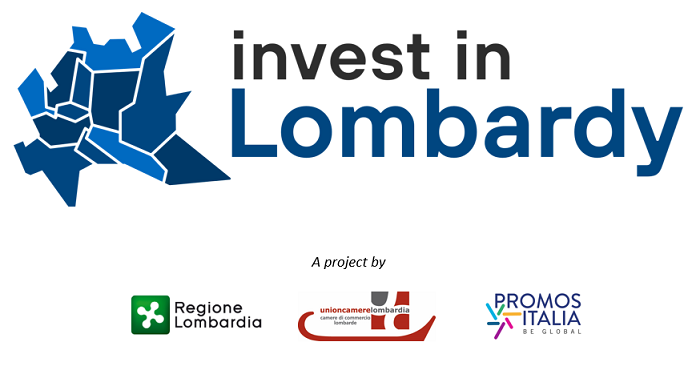Sometimes Italy is connoted by a low level of transparency, which indicates a high level of corruption; on a scale of 0 (highly corrupt) to 100 (very clean), according to Corruption Perceptions Index 2015 by Transparency International, Italy ranks #61 after Romania (#58), Oman (#60) and in the same position as Lesotho, Senegal and Montenegro. This index may affect the foreign perception of Italy being a trustable country, and a safe place to run business with a direct negative effect on foreign investments. How to change this reputation?
One of the main challenges to thwart corruption is to be able to bring out the crime itself: hence the need to provide a framework that allows people to report the crimes.
So far, the existing Italian whistleblowing law provision – Article 54-bis of the Legislative Decree no. 165/2001 applied to the public employees – is about to be completed by a new law which is being debated and about to be approved by the Parliament. Bill proposal no. 2208, when approved shall extend to all employees (private and public sector) the whistleblowing rules (amending Article. 6 of Legislative Decree no. 231/2001) and provide an effective and efficient legal guardianship to any employee who intends to denounce a misconduct that may entail a crime. According to the new law, employees having “blown the whistle” (s.c. whistleblowers) will have to be treated fairly and their possible dismissal will be considered as unfair. The key factors of the Bill proposal no. 2208 are the following:
- employees who in good faith make public disclosure of corruption or wrongdoing to the company competent authorities or to the (ANAC), of which he became aware by reason of the employment relationship, can not be penalized, down-graded, fired, transferred or submitted to further punitive measures;
- good faith is excluded if the whistleblower acts with fraud or gross negligence, but it is not required that the employee is certain about the crimes, being needed that he believes highly probable the occurrence of criminal acts;
- it is forbidden to disclose the whistleblower identity;
- the whistleblower is no longer protected if he is condemned in a criminal Court for slander or defamation.
The protection granted to whistleblowers makes a relevant contribution to the implementation of a labour market based on an anti-corruption system, with a substantial improve in employment: indeed foreign investors will have one additional reason to consider investments in Italy.
Furthermore, it is worth noting that, in the last few months, the Italian lawmaker extended also the anti-money laundering provisions, providing for additional cases in which professionals are required to report, to the competent authorities, cases of money laundering and racketeering. The Italian market, therefore, is rising again following the rules of publicity, transparency, democratic participation and to disclose the decision-making processes of any company doing business in Italy.
The whistleblowing Bill proposal is a new brick in the deep reform the present Italian Government is implementing in Italy and which allowed this country to improve by 20 positions since 2014, in the World Bank Doing Business ranking.
Written by Avv. Vittorio De Luca; Dott.ssa Claudia Cerbone – De Luca & Partners


